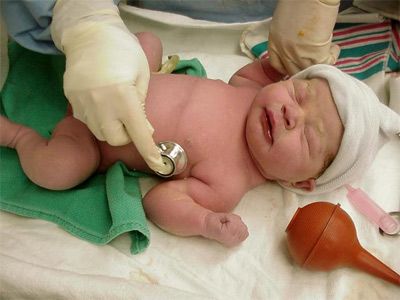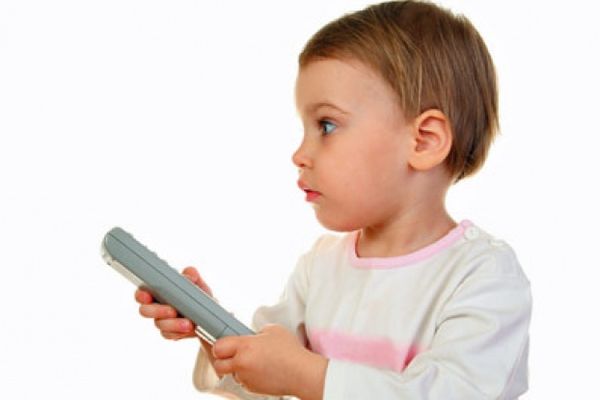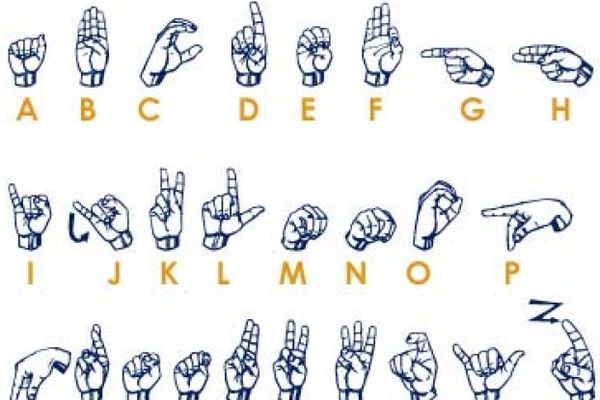Newborns get the hiccups all the time; in fact, babies get the hiccups while they're still in the womb. The causes of hiccups in infants can range from a full stomach to swallowing too much air. There isn't a whole lot you can do for a baby with hiccups. The home remedies that people like to try on themselves -- like holding their breath or eating a teaspoon of sugar -- aren't realistic when it comes to newborns. You can try burping a baby by patting him or her on the back. Otherwise, just wait patiently until the hiccups go away on their own. Hiccups aren't harmful to babies -- just frustrating.
The reason infants get hiccups more often than adults may be related to their small, not fully developed bodies. As with adults, a full stomach can cause hiccups in a baby. Considering that babies have much smaller tummies than adults, they're likely to fill up pretty quickly. Some people even think that hiccups are a good sign in babies, since it means they're eating enough. Another reason babies get the hiccups so much can be due to an underdeveloped lower esophageal sphincter. The LES, as it's called, is a circle of muscle that opens and closes to allow food into the stomach and to keep it there. Some babies' LES doesn't close all the way, so food can sneak back into their esophagus and give them the hiccups. This problem usually solves itself with time.
Advertisement
Another cause of hiccups in babies is too much air in their stomachs. This happens more often with babies who drink from a bottle than those that breastfeed. You can reduce the instance of hiccups by checking the size of the hole in the nipple; if the milk flows too quickly, switch to a nipple with a smaller opening.


